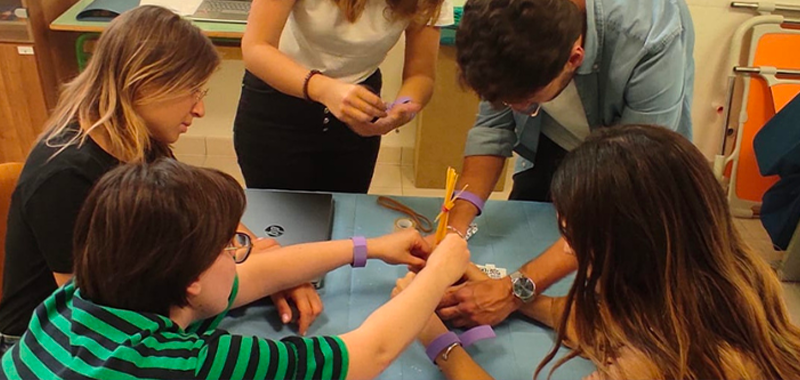
Among novel and appealing methods, game-based learning has recently become an exciting and innovative teaching approach in education in a wide range of sectors and disciplines.
Various interesting games are more frequently used in medical teaching, given that game-based learning adds diverse game elements to other non-game areas to encourage engagement and raise participants’ enthusiasm.
Game-based learning is typically referred to as “serious games,” “educational games,” and “gamification” in both undergraduate courses and clinical studies.
These new approaches help students to enrich their study experience and enhance their collaboration during social distancing. Therefore, applying gamified elements in education has enormous potential to create an educational and engaging studying journey for students and can be seen as a promising option to enrich current teaching methods.
Existing gamification projects are typically single sessions, narrowly focused on a particular content area, and heavily reliant on quiz-style gaming.
Among these, escape games are inspired by escape rooms, in which the protagonists find themselves trapped in “virtual rooms” from which it is possible to “exit” thanks to a code or a keyword. The latter can be put together only through the resolution of a series of quizzes and riddles, each of which provides precisely, as a “reward”, a part of the final solution. Students face new problem situations, having to implement different skills based on how the work has been set up. After familiarising themselves with the context and focusing on the objective, they follow a fixed path or independently choose the order to face the “missions”.
Among the benefits observed in gamification with digital technology is that it provides a safe environment to acquire skills and experiences, with the ability to repeat and correct mistakes during practice.
Although scientific results from the literature are encouraging, medical educators need further research to determine if the increase in motivation, engagement, and challenge will be associated with increased examination scores or, more importantly, healthcare outcomes. Theory-based, broader-scale, prospective studies are needed to explore further and help establish these associations and effects.
To this aim, the UniFg research team in Anesthesiology and Emergency Medicine applied to the coming SIMMED 2023 Conference (12-13 October 2023 – Genova, Italy) with an abstract to share their experience about gaming and escape rooms associated with the Cricothyroidotomy procedure.
Written by the University of Foggia team
For more information:
Maosen Xu, Yong Luo, Yu Zhang, Ruolan Xia, Hong Qian and Xiuhe Zou (2023). Game-based learning in medical education. Front Public Health. 2023; 11: 1113682. doi: 10.3389/fpubh.2023.1113682
Gue, S., Ray, J. & Ganti, L. (2022). Gamification of graduate medical education in an emergency medicine residency program. Int J Emerg Med 15, 41 (2022). https://doi.org/10.1186/s12245-022-00445-1



